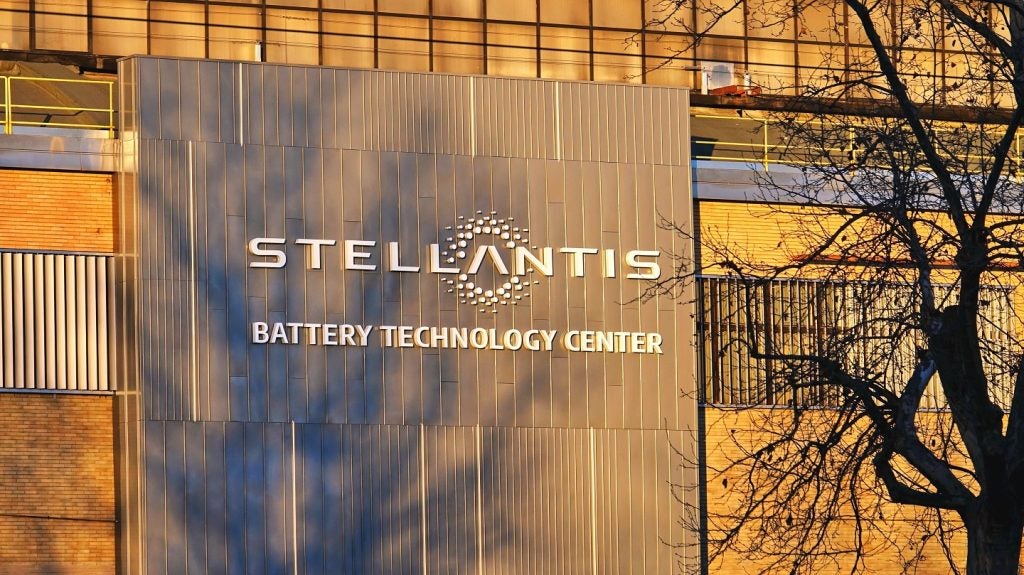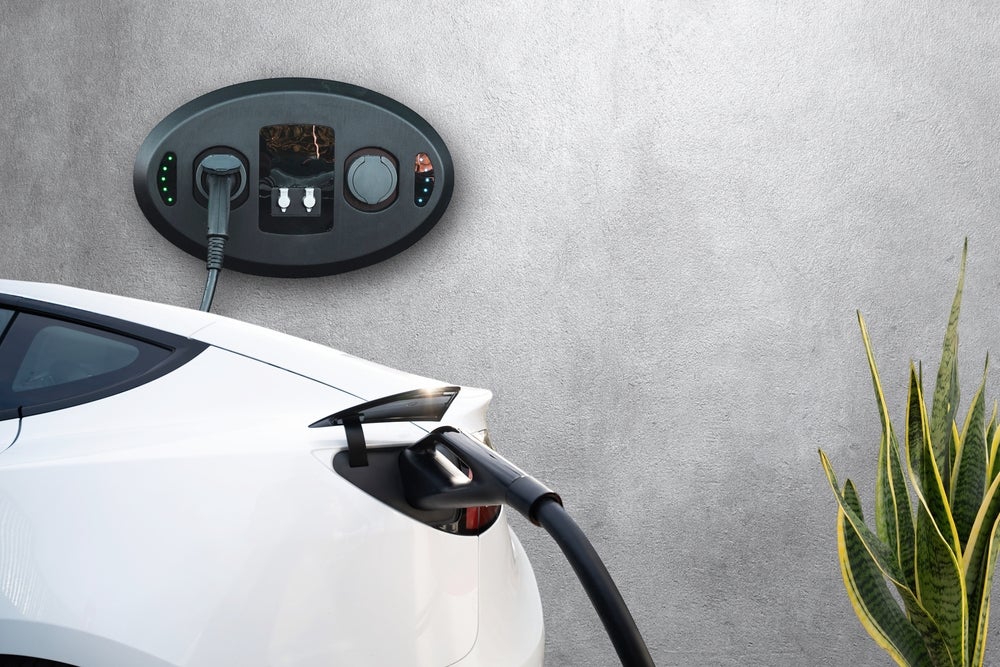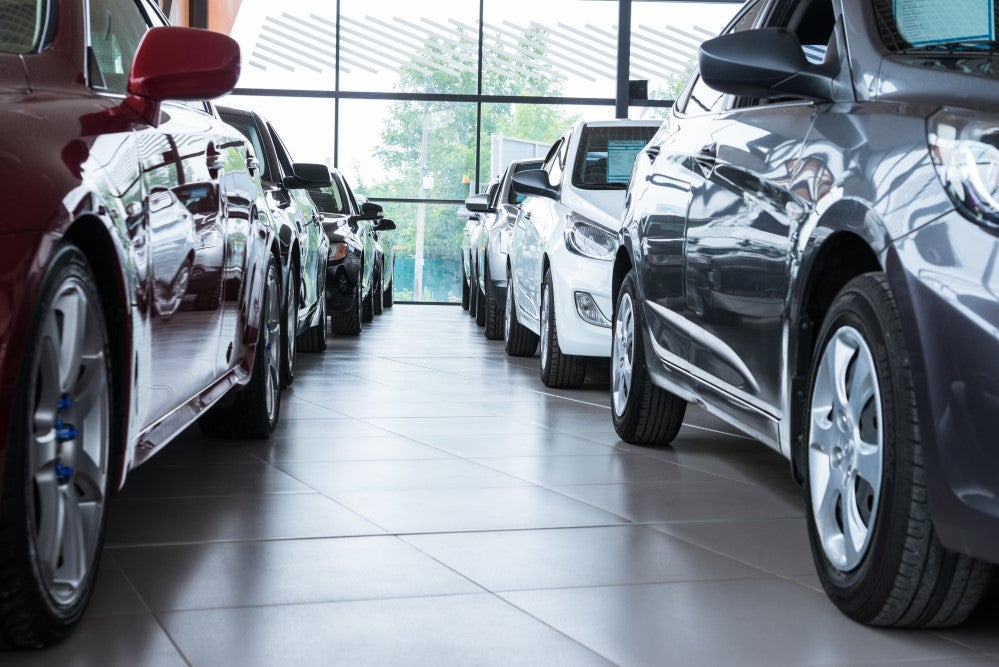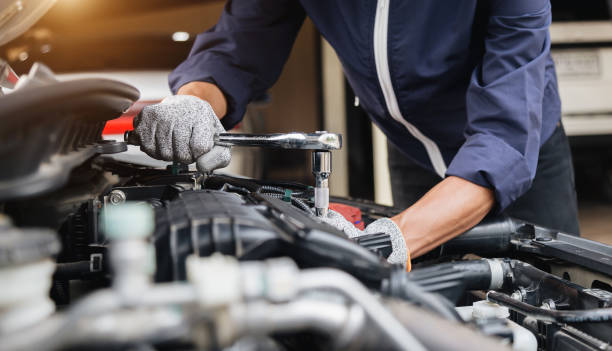
In September, the House of Lords initiated an inquiry into electric vehicles (EVs), exploring the challenges the government faces in achieving its goal of decarbonising the UK’s motor transport by 2035. This inquiry engaged stakeholders across the automotive sector to gather diverse opinions and information.
“We submitted evidence back in September when the evidence-gathering process began,” says Ralph Palmer, Vehicles and Fleets Lead for clean transport campaign group Transport & Environment (T&E).
“We were keen to point out that while the government had taken important steps in moving forward, there had been a pattern of dithering and delaying on policy delivery.”
While many welcomed the opportunity to provide input, some found the structure of the questions asked by the inquiry made it hard to provide a complete picture.
“The way those questions are formulated sometimes makes it difficult to give the nuance you would like to,” admits Simon Harris Consulting Director at financing consultants, Finativ.
“One of the things that lacks nuance is that if you are asked ‘Do you think the EV sector requires subsidy?’ There are lots of interest groups answering yes. I am less inclined to support that.”
How well do you really know your competitors?
Access the most comprehensive Company Profiles on the market, powered by GlobalData. Save hours of research. Gain competitive edge.

Thank you!
Your download email will arrive shortly
Not ready to buy yet? Download a free sample
We are confident about the unique quality of our Company Profiles. However, we want you to make the most beneficial decision for your business, so we offer a free sample that you can download by submitting the below form
By GlobalDataHarris argues for a more market-led approach, pointing to the fall in EV residuals last year triggered by a price reduction on new Teslas and, according to Harris, a much-needed correction on otherwise inflated used EV prices.
“What is happening now, in my humble opinion is a correction that is not entirely unexpected,” Harris says. “On this occasion, the free marketeers have probably got it right. Just let the market do its job.”
One thing that remains true of the EV sector is that it is a fast-moving arena, and research has continued even after the inquiry’s deadline. Customer satisfaction experts JudgeService only began researching the EV field in November, but its findings are relevant to the inquiry.
“A lot of what the House of Lords Inquiry has said is quite sensible, but we would have said only 12% of consumers are looking to go for an electric vehicle as their next car based on a survey of 1,000 motorists at the end of last year,” says Neil Addley, Founder and Managing Director of JudgeService. “By their nature, measures like the Zero Emissions Vehicle (ZEV) mandate will require manufacturers to force the market by making people register demonstrators and courtesy cars and making offers to fleets to get EVs into business use.”
JudgeService’s research provides a clear snapshot of the challenges facing the government and the motor industry in achieving widespread EV adoption. Among the surveyed consumers, 54% identified the upfront cost of an EV as the primary disincentive, while 40% expressed concerns related to battery life and range anxiety.
“The perception is that if you have a BEV you don’t use it for long distances and you need a place to put it to charge it at home or work or both,” says Addley.
A new deadline
At the same time, the environment in which the inquiry was released moved on from the environment in which the inquiry first invited responses.
“We saw a key legislation passed, and it is a world-leading piece of legislation,” says Palmer, referring to the legislation that came into force in January requiring manufacturers to sell a minimum percentage of zero-emission vehicles.
However, controversially, the new law rolled back the proposed deadline for banning new internal combustion engine-driven vehicles from 2030 to 2035.
“The public needed to be reassured that the ICE ban could be good for consumers, but instead the Prime Minister gave oxygen to the scepticism in the media around EVs,” Palmer says.
“From a climate perspective that U-turn on the petrol and diesel ban won’t make a significant difference, but it was deeply unhelpful messaging.”
Still, despite the messaging issues around the deadline shift, there is cautious optimism around the goals of the legislation, as well as questions about how it will be implemented.
“The zero-emissions mandate is significantly more ambitious than any comparable policy in the West,” says Ben Nelmes, CEO of New Automotive. “It sets a benchmark for ambition, but that level of ambition needs to be matched by a range of actions and policies across government.”
The report that has come out of the House of Lords inquiry has received a similarly mixed response.
“In general, the report should be welcomed,” Addley says. “The points it makes around messaging are right in that there is a lot of miscommunication about the pros and cons of BEVs.”
Harris argues that the report lacks real practical calls for intervention, but also suggests that may be a good thing.
“It [the report] makes some sweeping statements that show a lack of understanding of the marketplace. It is kicking the can down the road a bit, although to be honest, again on this occasion kicking the can down the road is probably not such a bad thing to do,” Harris says.
The war of information
A recurring theme in the report and expert opinions is the necessity for clear messaging around EVs. Palmer emphasised the importance of providing motorists with reliable information to instil confidence in making the switch.
“The overwhelming message coming out of the House of Lords report is there needs to be more effort taken to provide people with clear, concise, and reliable information about EVs, what the transition means for them and what policies are in place to support them,” says Palmer. “There is a wider role the Government needs to play to give drivers confidence to make the switch.”
Persuading drivers of the benefits of switching to EVs is fighting an uphill battle, and the House of Lords reports there is a push from the opposite side.
“There are a lot of vested interests in keeping with internal combustion engines by advertisers and the media,” says Addley. “But you need to address consumer concerns directly.”
It all comes down to the issues of price and range anxiety Addley points to in JudgeService’s own research.
“What was quite interesting and picked up a lot of media coverage, was that the House of Lords highlighted the role that misinformation in the media has to play,” Palmer says. “So, I sincerely hope that one outcome of the report is that we see a more fair and balanced approach from media outlets and see more objective reporting.”
While nobody we speak to says that the responsibility for countering misinformation falls entirely on the Government’s shoulders, it is also clear that the Government is failing in a key part of its role.
“The government is failing to communicate its own policies,” Palmer says simply. “Good things are happening, but people don’t know about them.”
Nelmes adds, “There is no single silver bullet when it comes to misinformation. It is a difficult problem to solve and the Government cannot solve it alone, but it can do some things. When there are incorrect statements by government ministers going unchallenged, there is something ministers can do.”
Harris argues that the role of misinformation can be exaggerated, however. “I don’t know if it's misinformation or just an absence of information,” he says. “Private buyers are having a cost-of-living crisis. They are looking at price, which is a big factor. I don’t think it is any more complicated than that.”
But Nelmes says that the lack of coordinated messaging is holding the EV transition back.
“I think it is a shame the UK scrapped its automotive industry-partnered campaign, which the House of Lords report flagged,” he says. “There is no coordinated campaign by the industry to explain the benefits of electrification.”
The infrastructure rollout
The information war is only one facet of the campaign for electrification, however.
“There are policy gaps as well, this isn’t just an information and perception issue,” Palmer tells us. “One of the key recommendations in the report was to boost the charging network and we’d agree. Certainly, if you look at things on a regional level, some regions are behind.”
Across the industry, people agree that the infrastructure needs to be rolled out faster than it is, but are still optimistic.
“A lot of the issues around charge points are being addressed. It is being delivered by a private sector that is learning as it goes along, and that will cause infrastructure to accelerate,” Nelmes says. “The growth rate is currently 30% year-on-year, and if we keep growing at that rate it will put us in a good position.”
“We are on the right path but as always when we do find the right path we’re too slow,” Harris observes.
Nelmes also points to certain inherent advantages the UK has in the infrastructure rollout.
“Compared to continental European countries, we have a lot of houses with a driveway,” Nelmes points out. “It makes us less reliant on public charging infrastructure than places in Europe with a higher proportion of people living in flats.”
But Harris dismisses the idea. “I think that’s middle-class complacency. The people who say that lack awareness of more typical electric vehicle drivers,” he says. “On-street charging capacity should be receiving as much attention as fast charge networks on motorways. Some of the councils are starting to make use of lamp posts with charging points. Another solution that shows greater innovation and ingenuity is the taking over of old BT network boxes for charging.”
End of life
End-of-life considerations for EVs emerged as a pertinent issue, focusing on battery recycling and the nascent state of the industry. The report urged addressing this aspect, emphasising the need for efficient, safe and cost-effective battery recycling technologies.
“If the production of a new EV is a nascent industry, the end-of-life part of that industry is even more nascent,” says Nelmes. “If people say there is currently no end-of-life for EVs that is broadly true because most EVs are not at the end of their life.”
“One myth that has come up in the media is that you have to replace your EV battery after eight, nine or ten years, but what we are seeing from early evidence is that it lasts a lot longer than that,” Palmer says.
At the moment, the primary consideration at the end-of-life of EVs is the battery, which is theoretically 100% recyclable, but the cost is another matter. “The Government website says that 50% of batteries are in some way recycled,” says Addley. “Some parts are simply not worth recycling.
Tesla claims it recycles 100% of its batteries, but from what I understand, at the moment technology for recycling batteries is inefficient, labour-intensive and even dangerous. So the industry needs to solve that problem.”
Harris agrees, telling us, “We are not as far forward in our thinking as we should be. I don’t know how much of an issue that is for the general public, but I think it’s something that the OEMs themselves are reticent to discuss openly.”
The elephant in the room
It is not the only subject that the industry can be reticent about. Among the people we talked to, there was frequent frustration that the House of Lords report did not address how the EV transition would affect road revenues.
“There are quite a few elephants in the room that are not being discussed because it is not good politics, and one of those is what the ending of combustion engines will do to road pricing in general,” Harris says. “How are we going to tax vehicles? We have the current excise duty and fuel duty, which penalise combustion engine users. That revenue is going to dwindle, and it has to be replaced.”
Nelmes also believes this is an area the House of Lords should address in future.
“I would like to see work done, and a select committee would be a good form for that,” he says. “It’s a shame the Government is not doing the work to address the issue of motoring taxation and what happens to the lost fuel duty revenue.”
Others are less concerned. “I don’t think this government is shy of finding new ways to raise taxes,” Addley says. “As we move towards a more battery-based transport infrastructure, they will tax that.”
Overall, the refrain is a familiar one – that the ambition is good, but that there is still a lot of work to do.
“The Government has brought in the mandate, but we are concerned that they will sit back and say they have done what they need to do and the market will look after the rest,” says Palmer. “We disagree. There is a need for ongoing Government engagement and policy making.”
The UK’s electric vehicle strategy needs a rapid recharge
House of Lords: Environment and Climate Change Committee
EV strategy: rapid recharge needed







